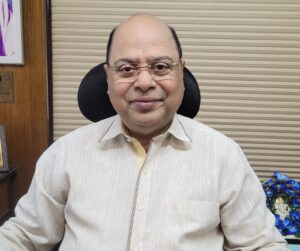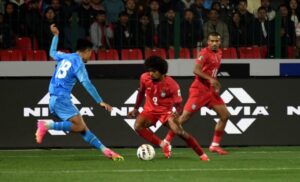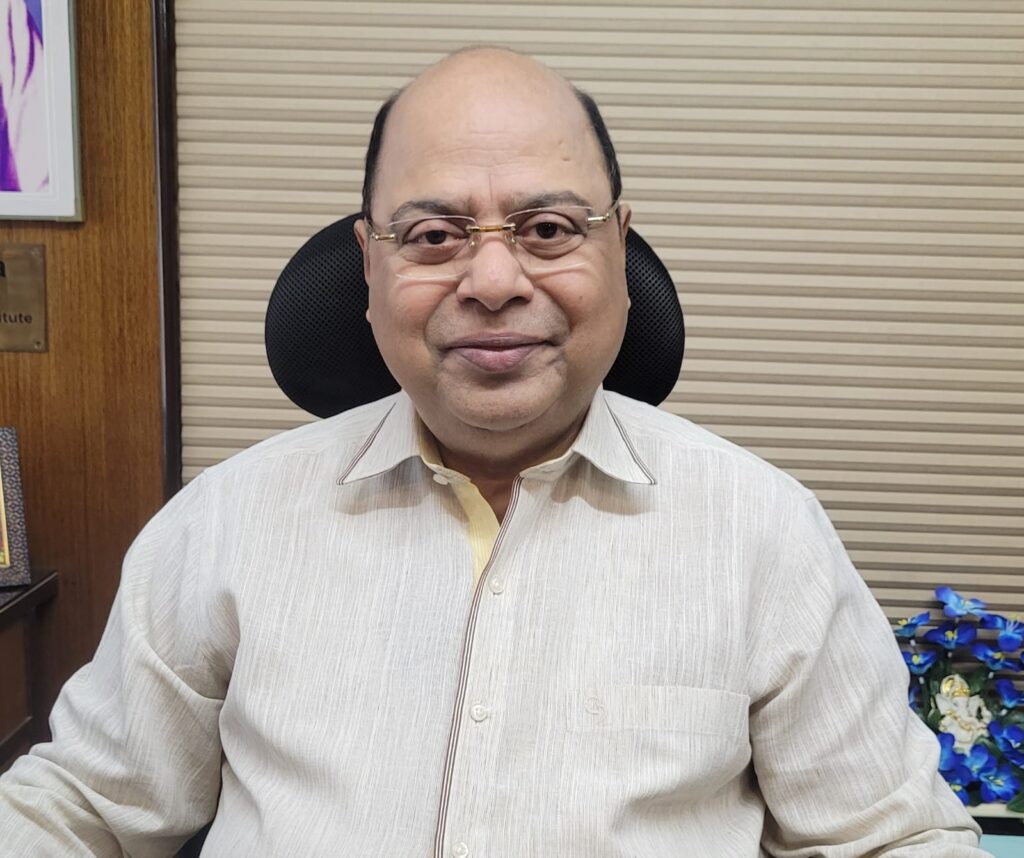
The recent AFC Asian Cup qualifiers game between India and Bangladesh once again sparked the debate of allowing Person of Indian Origin (PIO) and Overseas Citizen of India (OCI) card holders to represent the Indian football team. Bangladesh fielded Sheffield United (on loan from Leicester City) defensive midfielder Hamza Choudhury against the Blue Tigers in Shillong, on Tuesday.
The 27-year-old Hamza, whose mother is a Bangladeshi, was given the citizenship of Bangladesh in 2024. Having already represented the England U21 side, Hamza also made his appearance for the Bangladesh senior team. There have been multiple instances of a sportsperson representing two nations, not only in football, but in other sporting disciplines too.
The biggest hindrance for the All-India Football Federation (AIFF) in playing PIO or OCI footballers is the existing laws of the Government of India, which don’t allow individuals to hold dual citizenship. For being eligible to represent India, in any sporting discipline, they must first give up their foreign passport for an Indian one.
There have been multiple efforts from the AIFF to get the PIOs and OCIs to play for the senior national team, but nothing concrete has come up as far. Back in 2011, AIFF were in talks with the Indian origin footballer Michael Chopra, who played for the premier league side Newcastle United, to represent the national team in the AFC Asian Cup. But Chopra was not willing to surrender his British passport.
According to Subrata Dutta, former senior vice-president of AIFF, “The main problem is the rules laid down by the Government of India which do not allow any player other than an Indian passport holder (to play for the country). Dual citizenship is not allowed in our country. AIFF has been rallying to play PIOs and OCIs for a long time now. We tried to play Michael Chopra back in 2011 but the move did not materialise as he was not willing to surrender his British passport.”
Players of Indian origin must surrender their foreign passport to be eligible to represent India in any sports. Unlike several nations, India don’t permit dual citizenship. For an OCI player to represent India, they would need to renounce their current citizenship and obtain Indian citizenship, as was the case with Japanese-origin footballer Izumi Arata in 2013.
For the Latest Sports News: Follow RevSportz

The biggest problem with most PIO and OCI card holders is that acquiring an Indian passport could prevent them from being eligible to get work permits to play in Europe, because of India’s low FIFA ranking. So, the only practical way to get PIOs and OCIs to represent the Indian football team is to modify the law of the Government of India.
“Former AIFF President Praful Patel did take up the matter with the External Affairs Ministry. He presented a detailed report to them on why it was necessary to play PIOs and OCIs in the Indian football team but it was rejected. The change in existing rule would have opened opportunities for other sports as well. Other sporting disciplines would have also benefited,” notes Dutta.
On being asked about Bangladesh allowing Hamza to represent the national team, Dutta said, “Bangladesh is a small country compared to India. A lot of factors – political, social and economic factors are involved in making such a decision.”
AIFF President Kalyan Chaubey recently announced that the federation is actively working on policies to integrate OCI players into the national team setup.
“We are making efforts to create a policy framework that allows us to utilise the talent of overseas Indian-origin players,” Chaubey told PTI at the Khelo India Para Games 2025. “Many countries have done this successfully, and it could be a game-changer for us. Until we establish clear guidelines, our selection will continue under existing rules.”
The federation has already shortlisted a list of players of Indian origin playing in various leagues across the world. The strict rules laid down by the Government of India in not allowing dual citizenship has been the biggest stumbling block. Hence, the likes of Yan Dhanda, Danny Bath, and Dilan Markanday’s desire to represent the country of their origin may not see the day of light in the near future.




